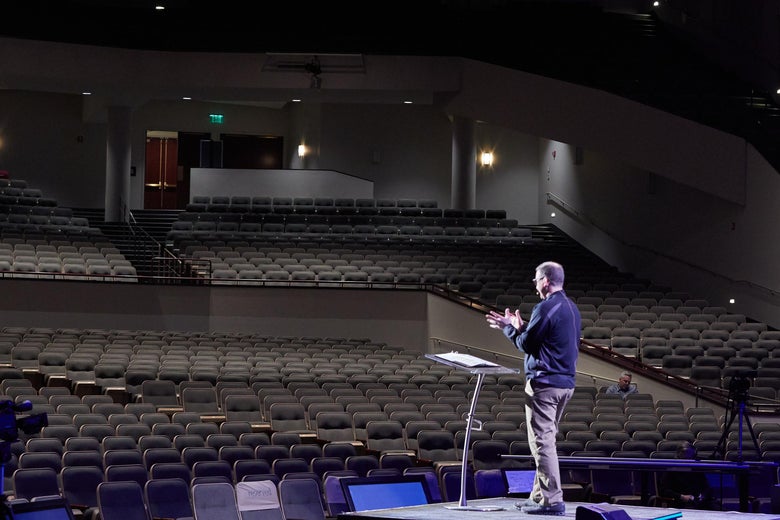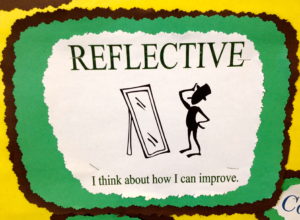
using a quote from the Psalms)
A few weeks ago I asked how the virus and lockdown were affecting your preaching and teaching. This week I wanted to take a moment and reflect on what the whole scenario is teaching me about preaching and pastoral ministry.
First, in case I had forgotten, preaching functions under the umbrella of soul-watching (cf. Hebrews 13:17). That means preaching is all about shepherding and caring for the souls entrusted to our care. No wonder it’s been so weird preaching to an empty house–no live souls!
Second, this has reaffirmed for me that I love people more than preaching. I really miss seeing the faith-family in person. The technology has been extremely helpful, but Zoom isn’t quite the same as hugs and holy kisses on Sunday.
Third, I am learning that there is something special about corporate worship. Something special happens when God’s people congregate to praise Him in song, Scripture, and sacraments. And, of course, important for us is the fact that something special happens when a soul-watcher speaks for God to them about them and their relationship with Him.
Finally–and I know you could add many more–I still have to be spiritually moved by the Scriptures before I try to move them with the Scriptures. In other words, preaching through technology has made me even more aware of my need for the Spirit’s transformation before I rely on Him to work on them. It’s been hard not to feel flat leading up to the recording sessions.
Yet, I am confident our Lord continues to receive glory in the church and in Christ Jesus (Ephesians 3:21) through your efforts.
Randal
P.S. Does any of this ring true in your situation? I love to hear your thoughts on this too.










